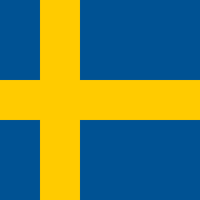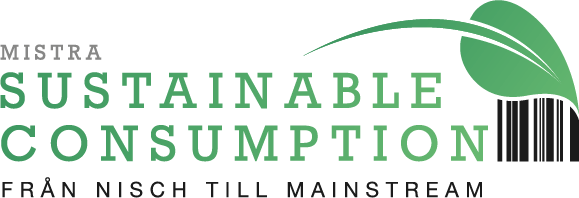
Political factors
Political factors have always had a great impact on the demand for travel. They have received a lot more attention (especially in Europe and North America) since 9/11 and the increased number of spectacular terror attacks in the west. Different types of political factors will be discussed here; from international agreements to terror attacks.
In recent years political factors in the form of political unrest (such as the Arab spring) and terror attacks have had an increasing impact on tourism demand (cf. Dwyer et al., 2009). Terror attacks like 9/11 for instance had a large transitory effect on the number of international tourists globally, not just in the USA and New York but other destinations as well. Prospective tourists were more hesitant to book long journeys and concepts like “staycation” became popular. However, it is often a question of temporary downturns in demand or a change in travel patterns. An example of the latter is the decrease in demand for trips to North African countries (after the Arabic spring) in favour of Spain and other “safer” Mediterranean destinations. This is called a substitution effect.
Another example of that is Paris, where a decrease of 8.5% in the number of hotel nights during the six months that followed the terror attack in November 2015 was observed, at the same time as visits to Spain and Greece went up. We continue to increase how much we travel in the long term, but the demand for certain affected destinations decreases. A recently carried out study in a Scandinavian context showed that we don’t seem to change our travel behaviour when it’s a terror attack carried out by a single individual, who is subsequently arrested and stopped (as in Oslo, in 2011).
Closely related to terror attacks and war is how the political governance of specific countries is conducted. Dictatorships and countries with authoritarian governance have an inhibiting effect on demand. The country’s governance often influences in its turn the regulations regarding travel, such as visa and border entry regulations, but also the right to paid holidays. The emergence of the latter is one of the biggest reasons for the growth of charter holidays and mass tourism. Regarding border regulations the Schengen agreement in Europe has had a great impact and plays a crucial role in inter-European tourism. This simplification removes hinders getting in the way of international travel. Trade agreements between countries are also very important. A typical example is the deregulation of the airline market in Europe in the 90s that generated ever cheaper flights, and the development of so called low cost carriers (including Ryanair and Norwegian) which makes it possible for more of us all the time to be tourists.
Sources
Dwyer, L., Edwards, D., Mistilis, N., Roman, C., & Scott, N. (2009). Destination and enterprise management for a tourism future. Tourism Management, 30(1), 63-74
Hall, C. M., & Lew, A. A. (2009). Understanding and managing tourism impacts: An integrated approach. Routledge.
Rodionova, Z. (2016, 23 Augusti). Paris loses £644m as tourists steer clear of the city after terror attacks. The Independent. Nedladdad från http://www.independent.co.uk
Wang, Y.-S. (2009). The impact of crisis events and macroeconomic activity on Taiwan's international inbound tourism demand. Tourism Management, 30(1), 75-82.
Wolff, K., & Larsen, S. (2017). A Taxonomy of Terror - About the Effect of Different Kinds of Terror on Risk Perceptions. Scandinavian Journal of Hospitality and Tourism, 17(2), 111-128.










